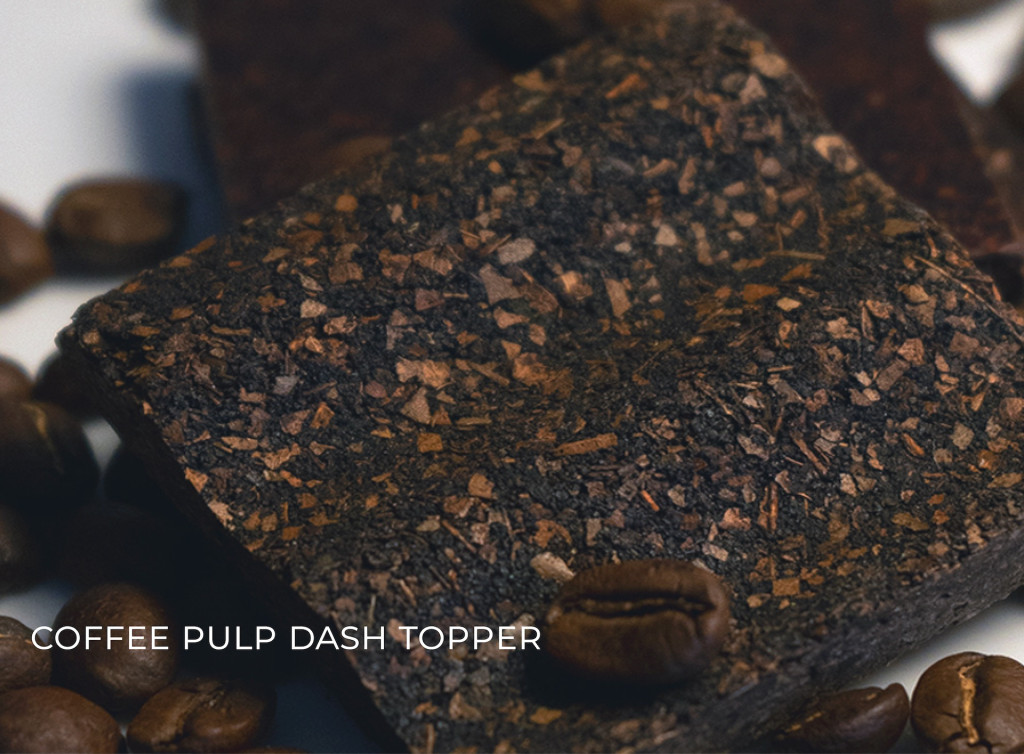As more cars go electric, automakers are also starting to look at the environmental impact of more than just the powertrain. With that in mind, Callum, the design firm founded by automotive designer Ian Callum, restomodded a Porsche 911 interior using products made from food waste and other refuse.
Designers identified coffee pulp, eggshells, red lentils, walnuts, and rice as viable materials to be used in future car interiors by 2030.
For example, eggshells were mixed with resin to create a smooth opaque material that could serve as a plastic substitute, the company said. This material can have a glossy or matte finish, and was used for the trim around the window switches. Walnut shells can be added as well, increasing total recycled content for the material from a claimed 78% to 84%.
Sustainable material used in Callum design study
Expired rice or lentils can be made into a smooth translucent material for light covers or illuminated switches, while coffee pulp could replace the plastics used for dashboard trim pieces, the company said.
Some materials might also be a good fit for their color. Callum noted that purple carrot pulp produces a mulberry-like color, while tree leaves can form a dark solid material as an alternative to traditional wood veneers.
Another possibility is clothing waste. Companies are already taking discarded jeans, shredding them, and pressing them with potato or corn starch to create a hard material that could be used for seat shells or dashboard parts, according to Callum.

Sustainable material used in Callum design study
The 911 restomod interior also includes Camira, a fabric made from recycled polyester, for the seat center facings, and Féline, made from recycled PET plastic bottles, for the bolsters. Each offers no weight penalty compared to conventional plastics, and can be recycled again. Finally, the carpet is made from Econyl, a material composed of recycled nylon carpeting and fishing nets.
Automakers have experimented with sustainable materials for some time, going back to Canadian wheat straw in the Ford Flex about a decade ago. More recently, the 2023 Fisker Ocean and 2024 Volvo EX90 have incorporated carpets made from recycled fishing nets. Audi and Polestar have pledged to use more recycled materials in future cars as well, and BMW explored this idea with the i Vision Circular concept unveiled in 2021.
